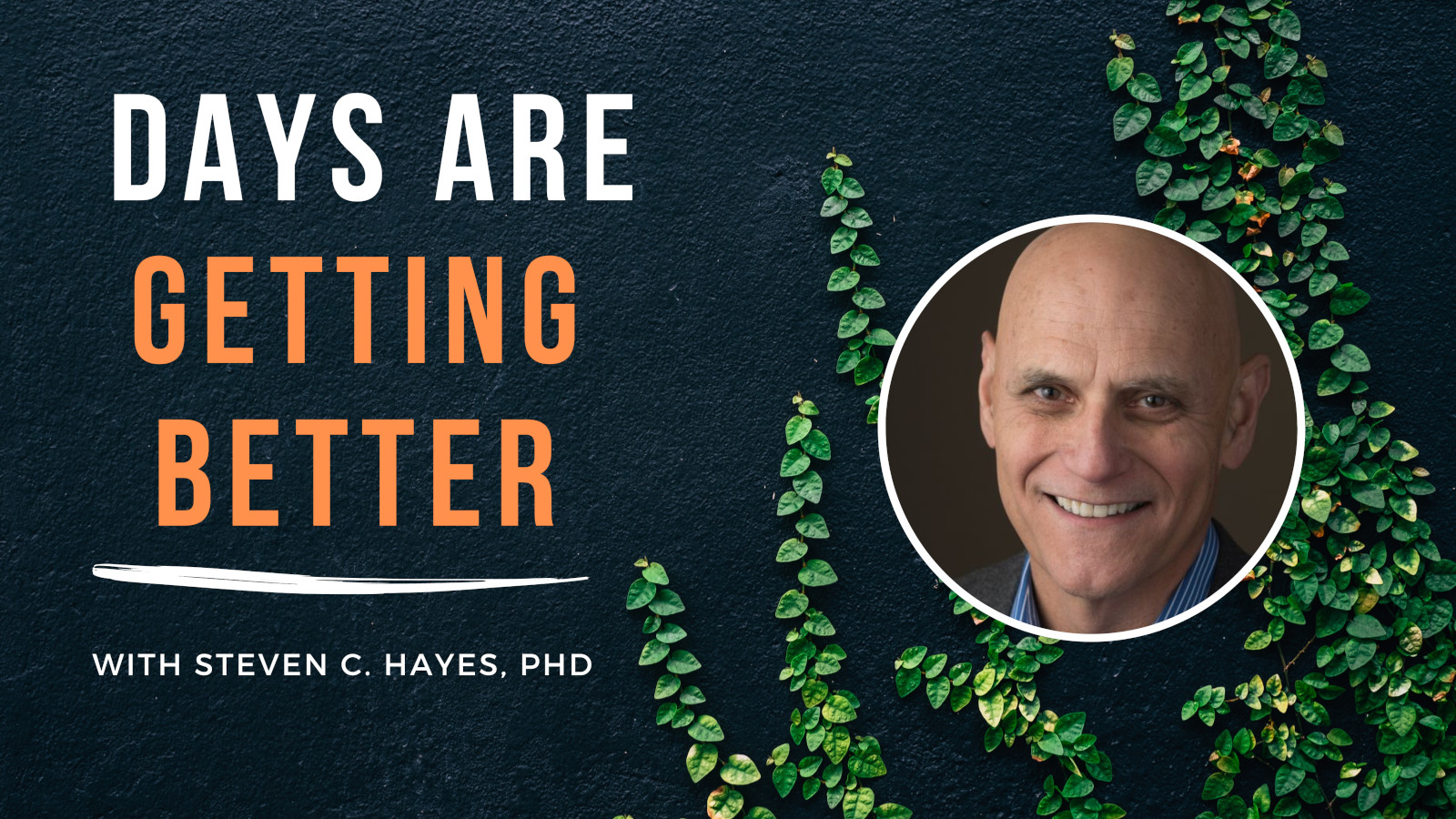In the fall of 2005, magician Derren Brown performed a peculiar experiment. He asked a group of volunteers for their birthdays, and subsequently gave each of them an individualized astrology reading. Without having ever met any of them, Brown would tell them the most intimate aspects of their personality. The volunteers couldn’t believe it. How could this virtual stranger know so much about their life? When later asked, they would describe their reading as “shockingly accurate” – except that it wasn’t, because Brown had deceived them. Each volunteer was given the exact same reading – word for word. What they thought was a unique description of their life and personality was actually widely applicable to almost everybody. And regardless how many times Brown repeated the experiment in England, America, or Spain, the reading was always described as “shockingly accurate”.
–
While Brown’s experiment did not adhere strictly to the scientific method, it showcased a peculiar aspect of human psychology: We tend to see patterns where there are none. This is true when we spot shapes in the clouds (or holy figures in burned toast), and it is true when we try to make sense of our own life. Nowadays, fewer and fewer people look towards the stars to tell them who they are, and more and more people rely on personality tests, like the Big Five or the Myers-Briggs. Under the banner of evidence-based psychology, these tests claim to tell people who they are, and subsequently which path in life is best suited for them. Are you an introvert? Then you better stay clear of positions in sales and management. Are you a logical thinker? Then you might want to seek your future in statistics and accounting.
No personality test is without flaws, and especially those two mentioned above have been under fire for their statistical shortcomings and methodological failures. But even outside of personality tests like these, the way we are thinking about personality is deeply flawed. That is so because of the following three reasons:
Problem #1 Normative categories do not fit individual life trajectories
“Personality” refers to consistencies within people over time and situations. That can be a real thing, but our existing concepts of personality have been shaped and dominated by consistencies between people at a given point of time because that is how we’ve measured them. Early statisticians knew that differences between people might not predict developments within people over time, but for a variety of statistical reasons they waived away the concern.
That was a mistake.
It turns out that differences between people cannot predict developments within people over time. It is mathematically impossible, because that idea violates the “ergodic theorem,” which has been settled science for nearly a century in statistical physics. Physicists originally created the theory to deal with the functions of events space and time, such as the movement of gas molecules in volume of gas, but about 15 years ago a psychologist named Peter Molenaar realized if you think of different people as different parts of space then the theorem meant that the differences between people could never be used to model or predict changes within people over time. You don’t have to trust the mathematical arguments of physical scientists (the math is daunting!), we can just look at the data. For example, in 2009 Molenaar and a colleague looked at what happens when 22 people are assessed 90 days in a row on a “Big Five” personality characteristics. If you looked across all 22 at any given point in time, voila! The “Big Five” popped out. If you looked within each individual across 90 days how many showed a factor structure in their answers that fit with that model? None.
Not. A. Single. Person.
Multiple studies have looked at this issue and the rate of new research is rising rapidly. To my knowledge “ergodicity” has never been shown by humans. But if that is true, then studies of the collective never tell you what individuals will do over time. And that means that the personal application of most mainstream psychology to individuals, like you, is based on a fundamental statistical error.
Whoops.
Problem #2 Traditional personality concepts do little to explain behavior
The whole reason why psychologists have tried to characterize people’s personality is to make useful predictions about how they are going to behave and perform across a wide range of scenarios and situations. Extroverts are loud and like to party, whereas people with aggression tend to go into fist fights. That’s the theory, but the reality – as you might have guessed – looks different.
When it comes to predicting the behavior of people, looking at their personality doesn’t really help you much. It turns out extroverts don’t necessarily like to party, and people with an aggressive potential might not like getting their hands dirty. As psychologists Todd Rose put it in his book The End of Average: “According to the mathematics of correlation […] your personality traits explain 9 percent of your behavior. Nine percent! There are similarly weak correlations between trait-based personality scores and academic achievement, professional accomplishments, and romantic success.” In short, if you want to predict how a person is going to behave, you need to look elsewhere, which brings me to my final point.
Problem #3 Context and process matters more than personality
When it comes to explaining a person’s behavior, their context and the functional skills they deploy matters much more than their personality. The history of psychology is full of studies where people behaved in extraordinary ways because they have been put in extraordinary circumstances. And isn’t it true for your own life as well? Aren’t you much more likely to behave self-disciplined around certain friends and colleagues, rather than around others?
You can be more extroverted in one social setting, and become more introverted in another. One context might fuel you to be your best, while another might tempt you into becoming your worst. You are not one or the other. You are both, depending on your context. But that means that the skills you deploy in one situation are there, waiting to be used, in others.
The reason why you perceive your own personality as stable in large part is because you live and operate in mostly the same contexts. It is also because human culture has lived for 150 years (ever since Galton with his bell curves and standard deviations) inside normative concepts that give us no other way to think about our own behavior in context and over time. Put yourself in a new context, and you might surprise yourself about who you can become. Deploy skills you have in one situation in a new situation (such as taking the curiosity you already have and focusing it on your own difficult emotions instead of running from them) and the entire dynamical network called “your life” can change dramatically.
–
The study of personality and human behavior is deeply riddled with statistical shortcomings and conceptual flaws. And though labeling ourselves as “agreeable”, “neurotic”, or “introvert” might sound “shockingly accurate”, it doesn’t do justice to the complexity that is you. You are not a label, and you don’t belong in a normative box. Reality is more complex and more idiographic than this. If you want to understand yourself and other people better, attend to the context you and others are in, and notice the function of the skills being deployed in those moments. How does the context facilitate or inhibit certain behaviors? In the service of what are you acting and reacting?
What will “personality” look like when we stop putting normative concepts atop people?
Let’s find out! For sure, different people will respond differently to different contexts. Healthy variation (try different things!) guided by science will help you learn to act in ways that facilitates the best in you, and inhibits your more short-sighted tendencies. And for that task you don’t need to pick a normative conceptual clown suit to crawl inside, you can start instead by looking at your own life and how you can move toward what you really want.







